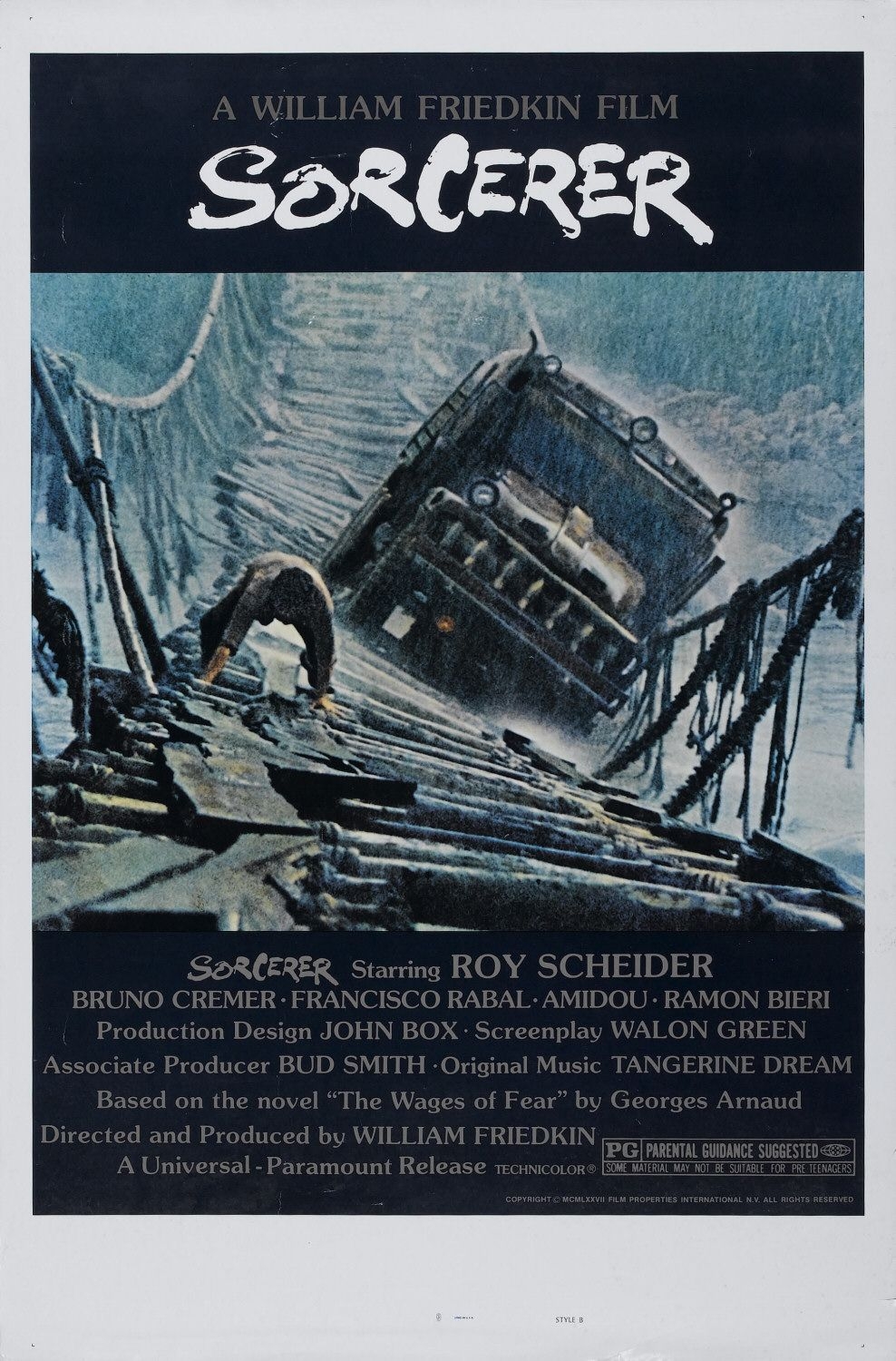Book Review : Joe Clifford - Give Up the Dead (2017)
Pre-Order GIVE UP THE DEAD here (out on June 6)
Joe Clifford is an American mystery writer primarily known for the Jay Porter series, featuring a lonely, miserable but incredibly smart guy brought to investigate various crimes by extreme circumstances. The first two novels in the series Lamentation and December Boys finished in my year-end's best list and my expectations for the upcoming third installment Give Up the Dead were beyond unreasonable. They were unhealthy. It's the price to pay for being great at your job: you set the bar high. Odds were against Give Up the Dead being any good at all, to be honest. Every series ends up stalling at some point and never recovering the initial magic and it was hard to imagine Joe Clifford upping the ante again.
My use of past tense might've clued you in to what happened: Clifford did it. I don't know how, but he did. The Jay Porter series is alive and Give Up the Dead might just be his masterpiece.
So, Give Up the Dead is set three long years after the events of December Boys. Jay Porter is now estranged from his flame Jenny who moved to another city to raise their son Aiden with another man. He is trying to save up money to purchase and take over his aging friend Tom Gable's estate clearing business and can't seem to make any progress. Everything changes on a fateful evening where a mysterious visitor who introduces himself as Vin Biscoglio makes him an offer that's too good to be true: find the missing son of wealthy local businessman Ethan Crowder in exchange for an obscene amount of money. Young Philip Crowder has been allegedly kidnapped by a radical recovery group trying to deprogram him from his partying ways and hasn't been heard from since. Of course, Jay immediately sniffs out trouble but feels compelled to intervene anyway...
Give Up the Dead is a great mystery, but I would suggest reading at least Lamentation before getting into it because the complexity of Jay Porter's psychological state requires a little context in order to fully appreciate. In Lamentation, Jay was held back in the past by his junkie brother Chris who went off the deep end after their parents' death. In Give Up the Dead, Jay was facing a future he wasn't ready for and a new lifestyle that had no use for him. So, in Give Up the Dead, Jay is torn between a past he desperately trying to come to terms with and a future he doesn't feel entitled to, because he feels that he failed at being a brother, father and husband in the past.
What's so great about this book in particular is that the two concepts are embodied by a character. The past is semi-competent sheriff Turley (who Joe Clifford readers will recognize from the first two books) who represents Jay's relationship to his parents' death, his brother's junkie antics, the events of the first two books, etc. Turley mirrors how drama defined Jay's life, which leads to memorable confrontation scenes since Jay refuses to be defined by people who didn't support him. The future is represented by Alison, a beautiful and tragic woman, who is at the crossroads just like him but can't let go of something that's not quite right for her. Whenever Turley or Alison show up in Give Up the Dead, they set the novel ablaze. Jay is often nasty to them, but the pinpoint psychological accuracy of Joe Clifford makes it difficult for us to blame him. In fact, it's oddly endearing.
But Give Up the Dead isn't just a thorough character study. The mystery aspect of it goes also above and beyond what the genre usually offers. If Joe Clifford made his character's psychological struggle visceral and realistic, he throws realism out the window as far as plot is concerned and enters borderline conspiracy theory territory. And guess what? It works beautifully. Give Up the Dead is, by far, the most unrealistic Jay Porter novel plot-wise but it only makes him more endearing. Jay is going through a heavy personal ordeal and is ushered into a situation so dangerous and unfair to him, it makes him likable even if he spends most of the novel berating people. There's also a weird sense that facing such stressful situations is what saves Jay from himself. That he would only sink into despair if he stayed home to mull over his failures, which I appreciated.
What separates Jay Porter from every stupid, boring white knights in mystery fiction is that he can never really achieve redemption. He sees his brother in everyone he's trying to save, yet it's never going to bring back closure with Chris, which he explains to Alison in Give Up the Dead. He intrudes into people's lives to sort problems as a therapy for himself and not necessarily to "do the right thing" or whatever even if he always ends up doing it. And people don't necessarily reward him for doing so either. Jay is pathologically alone in a hostile world and while he makes it a little better, it doesn't make it better for him and THAT is the magical element that makes this series work so well for me.
I was really scared Jay Porter would turn into a white knight in Give Up the Dead but he doesn't. He is trapped by his own past, which Joe Clifford shrewdly symbolizes through injuries Jay collects from a novel to another, and that is why we love him. Give Up the Dead MAY not be everybody's cup of tea. It's a bleak, slow-paced and psychological novel but it sure as shit was mine. I've had a blast with it and you guys should pre-order this baby in order to get it by June 6.
BADASS






